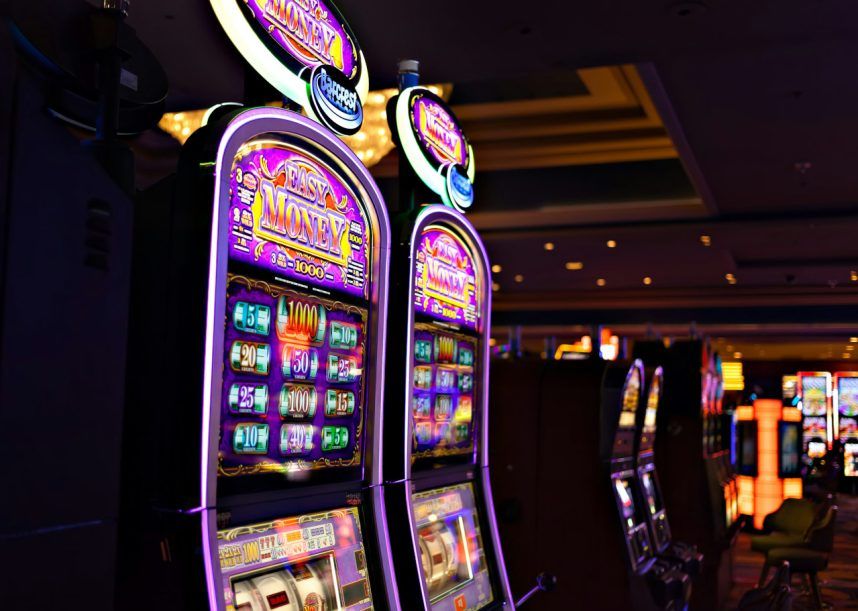Pennsylvania Casino Fined $50K for Self-Exclusion Violations
Posted on: October 25, 2024, 09:13h
Last updated on: October 25, 2024, 10:01h
The Pennsylvania Gaming Control Board (PGCB) recently levied a $50,000 fine against Live! Casino and Hotel Philadelphia for violating state regulations regarding self-exclusion. This decision follows multiple incidents where self-excluded individuals were allowed access to the gaming floor, in contravention of established protocols designed to protect vulnerable players.

Image/Steve Sawusch/Unsplash
Understanding Self-Exclusion
Self-exclusion programs are designed to assist individuals who recognize that they have a gambling problem and seek help. In Pennsylvania, individuals can voluntarily place themselves on a self-exclusion list, which prohibits them from engaging in gaming activities within the state’s casinos. This includes not only gambling but also activities such as cashing checks or taking cash advances within the casino premises.
According to the PGCB’s regulations, casinos are required to rigorously monitor and identify patrons who are self-excluded. Failing to comply with these regulations can lead to significant penalties, as evidenced by the recent actions against Live! Casino.
Specific Violations
The infractions at Live! Casino were particularly alarming for the PGCB. In one notable incident documented in the settlement, a player identified as self-excluded managed to gamble undetected for over 21 hours. The individual participated actively in various games, including roulette, and made multiple cashouts, which totaled approximately $4,700. The casino database failed to accurately flag this player due to a discrepancy regarding the individual’s middle initial on their ID.
In another case, a self-excluded individual was able to play blackjack after depositing a staggering $36,900 within just 55 minutes of entry. Such oversights not only violate self-exclusion policies but also raise substantial concerns regarding casino operational practices and player protection.
iGaming Concerns and Criminal Activities
In addition to the direct violations related to self-exclusion, the PGCB has taken action against several individuals involved in fraudulent activities in the iGaming sector. Five people have been placed on the iGaming Involuntary Exclusion List after being linked to fraudulent transactions. These activities included utilizing another person’s identity to open gaming accounts and subsequently withdrawing funds without engaging in gaming activities.
Some individuals even created multiple accounts in an attempt to exploit the system, with one case reporting 20 separate online accounts. Such breaches illustrate a profound disregard for the rules set forth by the PGCB and highlight ongoing challenges in regulating online gaming environments.
Addressing Child Safety Violations
In a disturbing trend, the PGCB also imposed bans on two patrons for leaving minors unattended in casino settings. One case involved a woman who left an 11-year-old child alone in a parked car for an extended period, during which she was gambling in the casino. These instances not only breach casino regulations but also pose grave risks to the safety and well-being of minors.
Under Pennsylvania law, it is strictly prohibited for adults to leave children unattended in any public areas, including parking lots and casino environments. The enforcement of this rule is essential to ensuring safety and accountability among patrons.
Current State of Gaming Regulations in Pennsylvania
As of now, there are 47 individuals listed on the iGaming Involuntary Exclusion List in Pennsylvania. The PGCB’s commitment to regulating the gaming industry is underscored by its enforcement actions and its ongoing efforts to protect players and the public from the potential harms of gambling.
In conclusion, the $50,000 fine against Live! Casino serves as a stark reminder of the importance of rigorous adherence to self-exclusion protocols. As the gaming landscape continues to expand and evolve, the responsibility of casinos to maintain safe and responsible gaming environments must remain a top priority. Policymakers and operators alike must work collaboratively to safeguard individuals who seek to protect themselves from the perils of gambling addiction and ensure that the integrity of the gaming industry is upheld.













